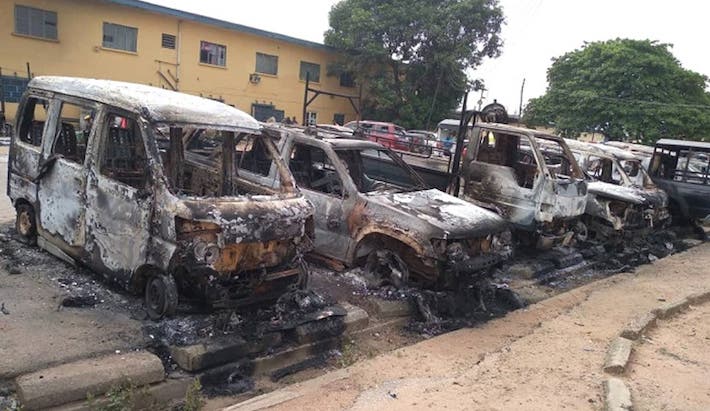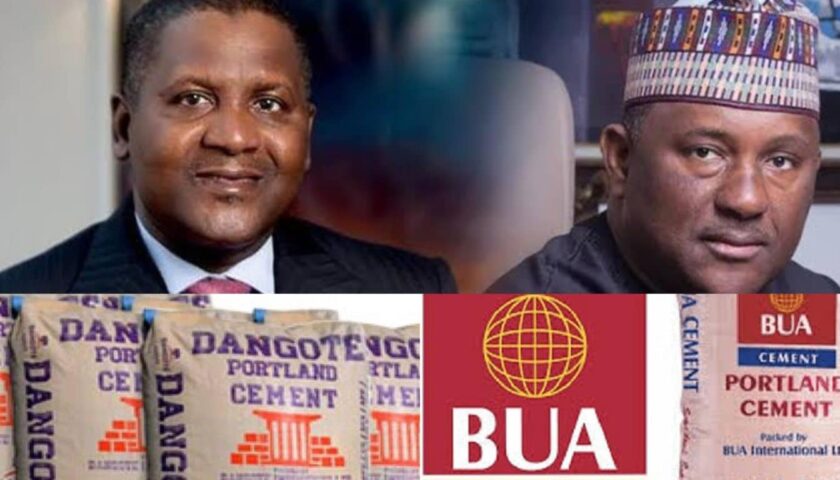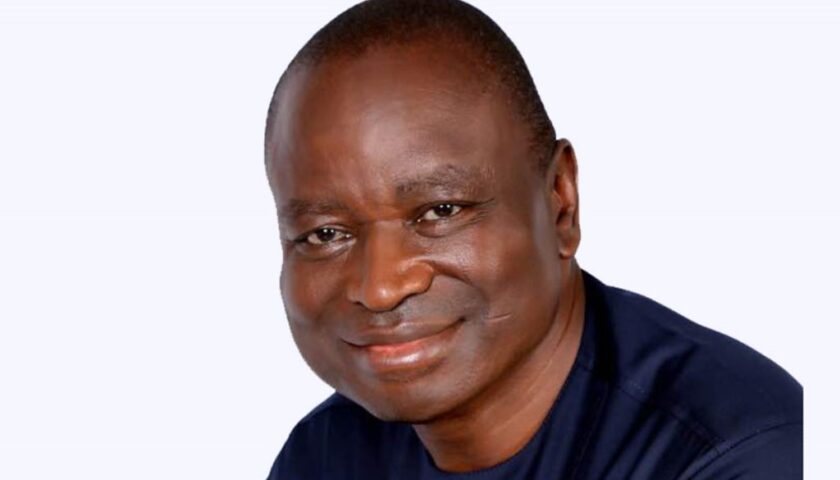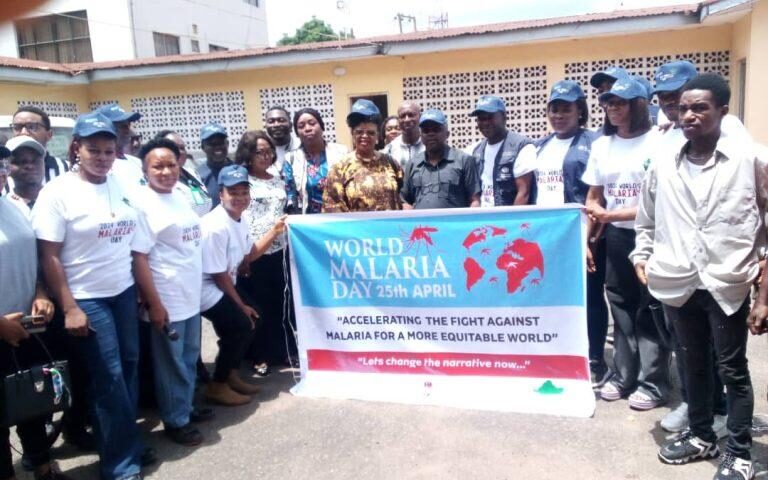A Lagos-based nonpartisan group in Nigeria, the Rule of Law and Accountability Advocacy Centre, (RULAAC) has unveiled a report entitled, “The Roots of Insecurity: Healing the Wounds of Human Rights Violations in Southeast Nigeria: A path Towards Peace, Open Democratic Space and a Prosperous Future”.
NewsBits was informed that the report was an attempt to document and project the correct account of the roots, drivers, actors, patterns, dimensions, and effects of insecurity in the Southeast Zone of Nigeria.
The report, which followed various stakeholders convening and brainstorming on insecurity in the South-East, facilitated by RULAAC and its partners, including the Institute for Development Studies, Department of Political Science, University of Nigeria, Nsukka (UNN), was particularly inspired by the need to address the narrative challenge regarding the nature, roots and consequences of insecurity and to influence appropriate and informed government approach in responding to insecurity in the South East.
Chairman of the occasion, Prof. Okechukwu Ibeanu and the report reviewer, Prof. Obasi Igwe, said that the Federal government’s single and prejudiced account was responsible for its failure to adopt an open-minded and holistic approach in responding to insecurity in the South-East.
Ibeanu and Igwe highlighted some of the human rights violations in the Southeast and how they were being reported due to social media. What the report has done should be regarded as a diagnostic, according to Ibeanu, who quickly added: “We must match it with proper investigation. While commending this report, I want to believe that it is going to be holistic.”
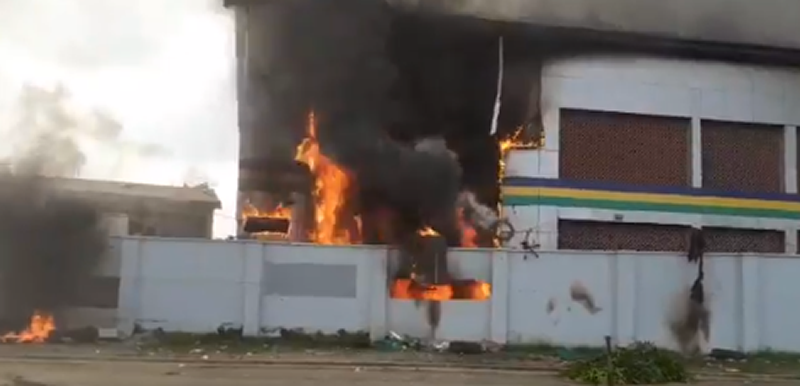
Also in an address, at the event, which was held in Enugu, the Executive Director of RULAAC, Okechukwu Nwanguma said that RULAAC’s formal engagement with the problems of insecurity in the Southeast began in 2021 following the October 2020 EndSARS revolt and its outcome and impact on Southeast security.
According to Nwanguma, “In 2021, RULAAC, in partnership with the Open Society Justice Initiative (OSJI), commissioned a report, ‘’Police Funding and the Escalating Security Situation in the Southeast focusing on Imo State’’. I read a recent report about the self-help effort by the people of Agwa community in Oguta Council of Imo State who decided to task themselves and contribute funds to rebuild the burnt police station in their community
“The police station was burnt, and some police officers killed during an attack on the police station by hoodlums in 2022. This development aptly and typically illustrates one of the key findings in the report aforementioned, which was that police personnel and infrastructure in the Southeast have not benefited from any federal government intervention including the Police Trust Fund set up in 2019 to provide additional window for police funding in the face of federal government’s perennial inability to adequately fund the police
“The burnt police station in Agwa has remained in ruins until recently when the community, desperately in need of security presence, resorted to self-help to raise funds to rebuild the burnt police station in their community. This demonstrates that Government is simply distant- if not absent- from the people in the Southeast”.
NewsBits recalls that in 2002, RULAAC, under a project tagged, ”Community Access to Justice and Criminal Justice Interactive Project” in partnership with Open Society Initiative for West Africa (OSIWA), implemented activities aimed at projecting the voices of communities affected by insecurity and enhancing access to justice for the poor and most vulnerable under which it held convening and brainstorming sessions with scholars and practitioners in the South-East on insecurity in the zone.
NewsBits reports that RULAAC’s findings paint a bleak picture of public security policies in the region, heavily reliant on repressive police and military action, often with excessive force.
The report documents instances where the police in the Southeast have acted in compliance with reckless directives such the ‘’shoot at sight’’ order by President Muhammadu Buhari in 2021 and the Inspector General of Police’s subsequent order on them to go after IPOB, kill them and not worry about shouts of human rights violation. “All the petitions on human rights breaches will stop at my table,” the IGP once boasted in the presence of some Igbo governors during an event at Okpara Square, Enugu. “Go after the agitators. Take the fight to their doorsteps and fish them out,” the then police boss repeated.
No doubt that such a command emboldened his officers and men, hence the police allegedly embarked on indiscriminate mass raids and arrests, incommunicado detention, torture, public parade, and executions of accused, mostly innocent persons.
The Executive Director also said, “Not a few people of conscience were shocked to receive the information that no less than 107 citizens were indiscriminately arrested from different locations in Owerri, Imo State, labelled IPOB members and arraigned, not in any court, but at the Car park of the Shell Camp Police Division, Owerri and later shifted to the Conference Hall of the Commissioner of Police, Imo State with some magistrates presiding. They were charged with offences of treason, including plots to overthrow President Buhari and Governor Hope Uzodinma and remanded at the Owerri prisons.”
Nwanguma, who acknowledged the challenges faced by an overstretched security force battling insurgencies across the country, said the UN Special Rapporteur on extrajudicial executions emphasizes the limitations of this approach. Simply relying on “militarized solutions” exacerbates existing weaknesses within the police and judiciary, creating a breeding ground for human rights violations, potentially amounting to crimes against humanity.
RULAAC said that another disturbing dimension, was the increasing control of media outlets by state governments in the region, especially the Governors of Imo and Ebonyi States, who have made monitoring human rights abuses difficult. Nwanguma further stated: “This, coupled with the absence of strong political opposition and a weakened civil society, allows the government and security agencies to control the narratives and conceal their abuses. Thus, these state government media have also succeeded in pushing a single narrative by blaming every single incident of insecurity or killings in the region on the pro-Biafra separatists.
“While RULAAC acknowledges that pro-Biafra agitation and insurgency are significant contributors to insecurity in the Southeast, attributing the problem solely to these factors paints an incomplete picture. A lasting solution demands acknowledging the intricate web of additional forces fuelling the flames of violence. One of the additional factors fuelling the cycle of violence, as documented in this report, is federal government’s single-minded brute force and counterproductive approach to fighting insecurity in the zone.”
All the same, the report, said to be produced and printed with financial support from Ford Foundation, is intended to drive the true narrative about the nature, roots, patterns, dimensions and the effects of current government’s approach to tackling insecurity in the Southeast.
It is also hoped that the report would contribute to the effort to unravel the roots, nature, multiple dimensions and consequences of insecurity and the appropriate measures to holistically address insecurity and the attendant human rights violations, particularly, the impact of insecurity in the civic and democratic space, according to the organization.


